Essential Cleaning Priorities for Families with Babies
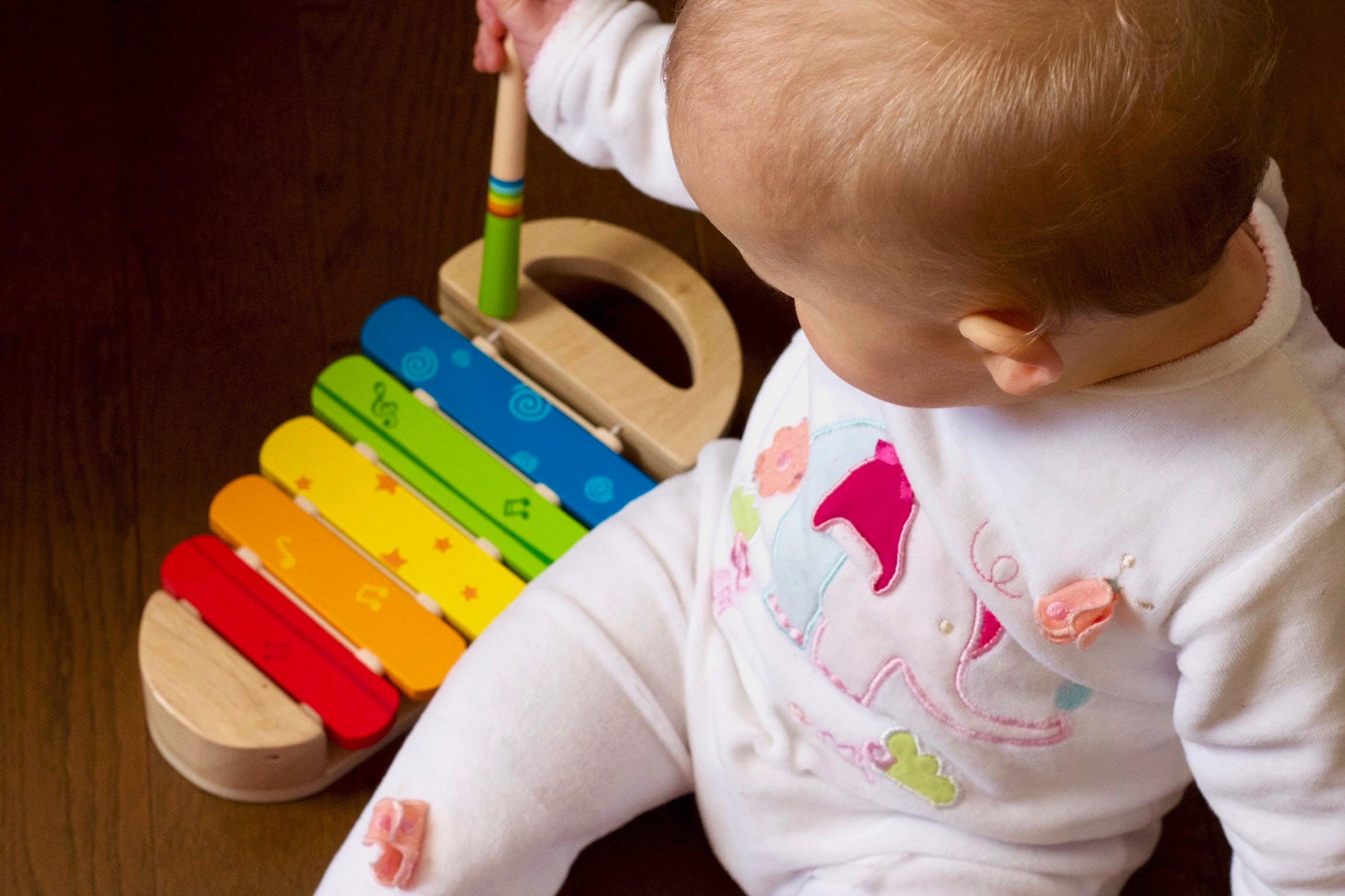
By: Jennifer Dawson
Essential Cleaning Priorities for Families with Babies
Babies get an average of eight colds a year, and that first respiratory infection often comes within two weeks of you bringing your baby home from the hospital. Babies have a fragile, new immune system that is susceptible to illness. As a parent, it's important to take precautions in your home and try to minimize the risk of your baby picking up a virus. Keeping your home clean can help to reduce the risk of your baby becoming ill, giving their immune system a chance to strengthen.
Baby toys
The surfaces of baby toys, such as rattles, blocks and stuffed animals easily pick up germs and bacteria. Cleaning your baby’s toys regularly is essential, especially if he or she is at the developmental stage where he or she puts things in his or her mouth. When you are using household cleaners, sanitizers and detergents, it is important to make sure the ingredients are baby-safe and check for toxic ingredients in any product you use. It is best to use a natural cleaner that will not be harmful to your baby. One cup of water mixed with ¼ cup of distilled white vinegar is a good alternative to household bleach, which is poisonous. Water mixed with lemon juice is an effective antiseptic surface cleaner for hard toys, such as blocks. Plush animals can be washed by hand or put on a gentle machine wash once a week to remove dirt and maintain cleanliness.
Cleaning bath toys
If bath toys haven’t dried out properly, they are easily susceptible to black mold. This is extremely toxic to you and your baby. Even though the toys might regularly get a “wash” in the bathtub, it is important to also clean and sanitize them on a regular basis. Put any foam bath toys in a canvas bag to contain them. You can put them in the dishwasher on a basic wash setting. You can also use Lysol or Clorox wipes to sanitize your baby’s bath toys. If you ever find that hollow bath toys, such as rubber ducks, contain traces of mold when you squeeze the water out of them, it’s best to throw the toys away.
Cleaning your home
It is important that you keep food preparation surfaces clean in your kitchen - particularly if you are using areas to wash and sterilize baby bottles. Cleaning needs to be done on a daily basis, paying particular attention to the areas that are touched frequently, such as cupboard and fridge door handles. Do not use your kitchen sponge when cleaning. One study found that the average kitchen sponge contains more germs and bacteria than the average toilet. Instead, use disposable paper towels to clean your kitchen, so that you don’t end up spreading the germs even further.
Your baby needs time to develop a strong immune system to stay healthy. When your baby is little, regularly cleaning baby toys and living areas will cut down the risk of catching a virus.
Protection against germs from the inside out
Thought cleaning your baby's toys helps fight against colds and infection, it's extremely important to build up a baby's immune system. Supplementing your little one's diet with CoraCue Immune Support Multivitamin helps fight against harmful germs and bacteria that can cause sickness. With essential vitamins for healthy growth and development, CoraCue provides valuable nutritional supoort for your child's immune system.
Your baby needs time to develop a strong immune system to stay healthy. When he or she is little, regularly cleaning baby toys and administering CoraCue Immune Support Multivitamin will cut down the risk of catching a virus.
 Canada
Canada South Africa
South Africa UK
UK EU & Int
EU & Int Ireland
Ireland Australia
Australia Brazil
Brazil New Zealand
New Zealand



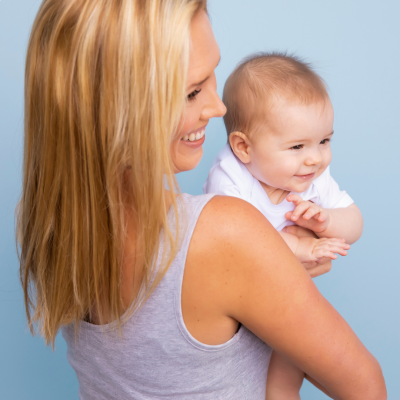
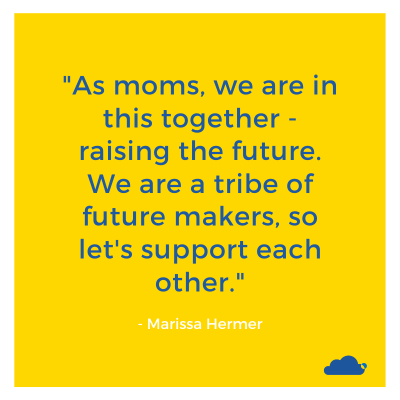
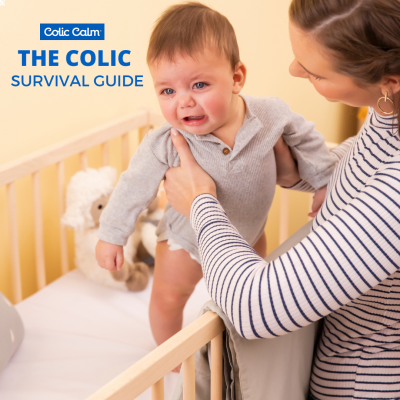

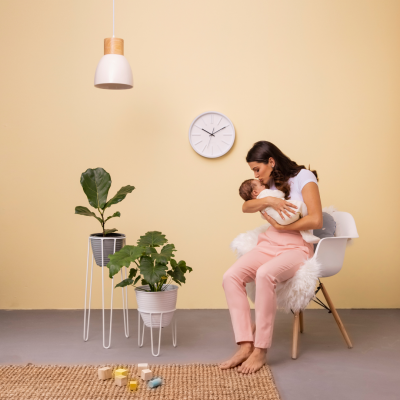
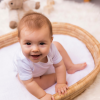
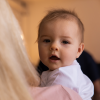
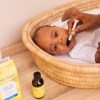
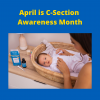
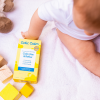



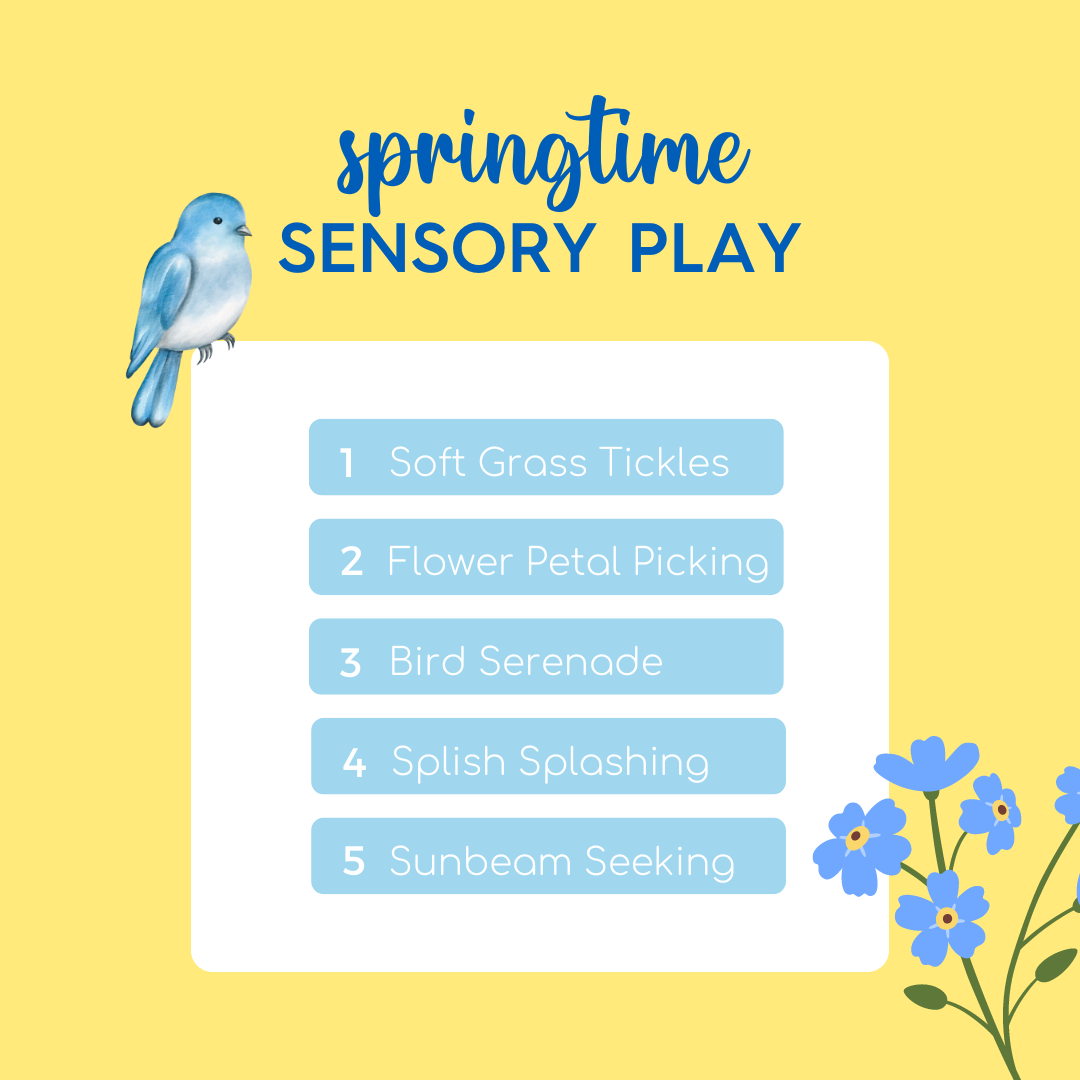
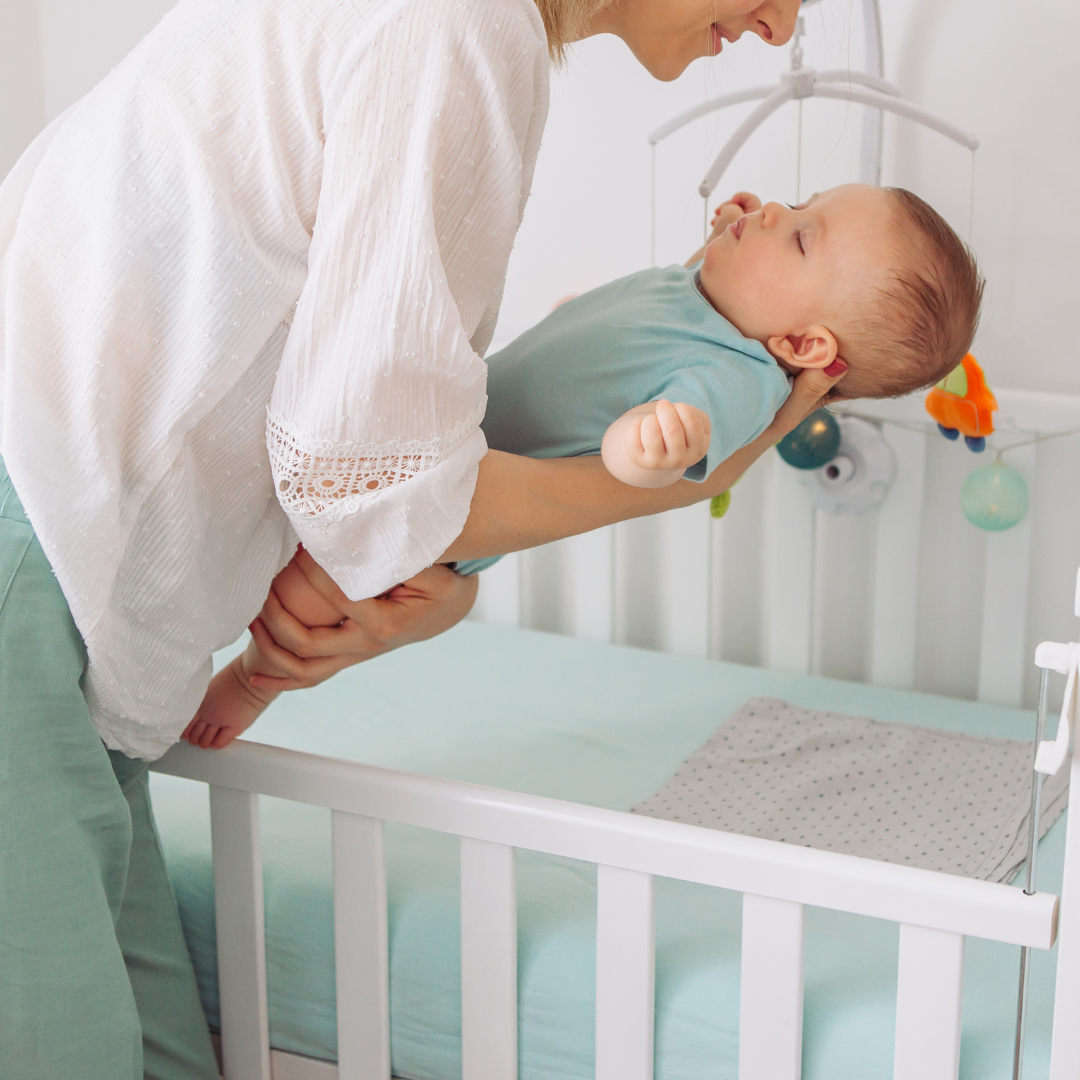
Comments